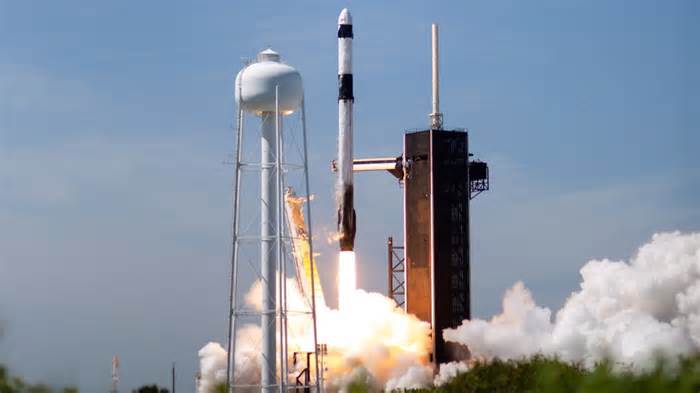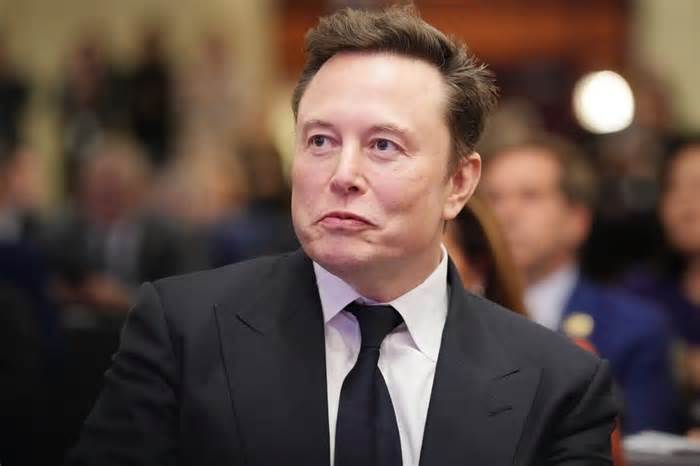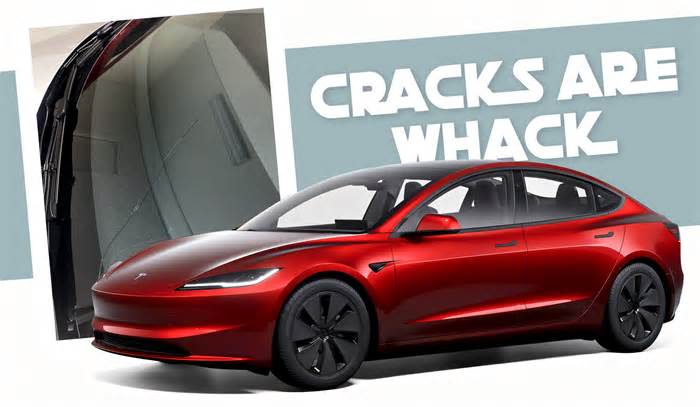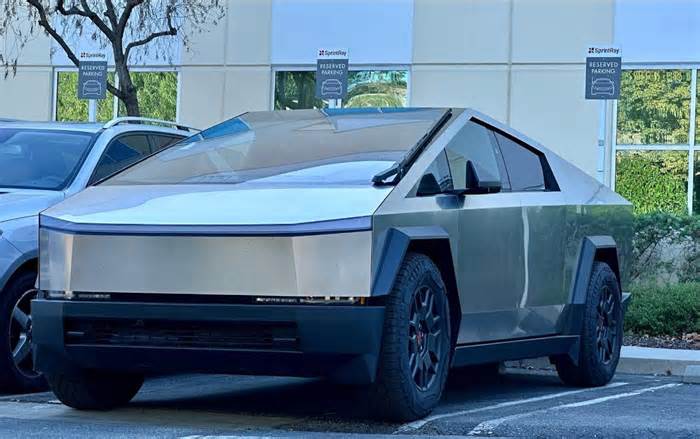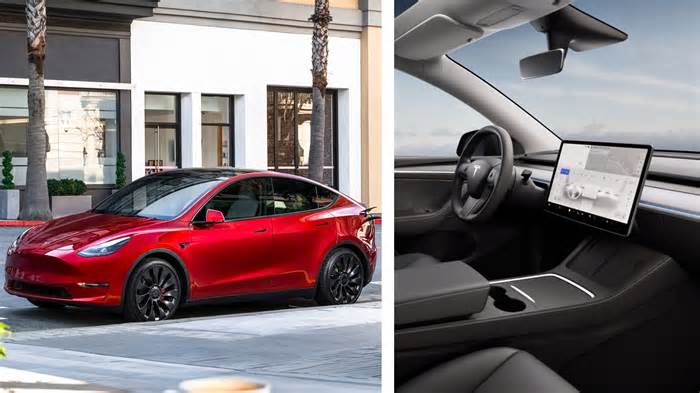
I Just Saw Lucid's New Patent Filing, Their Highway Assist UI Looks More Intuitive Than Tesla's Autopilot
- by Torque News
- Feb 05, 2025
- 0 Comments
- 0 Likes Flag 0 Of 5
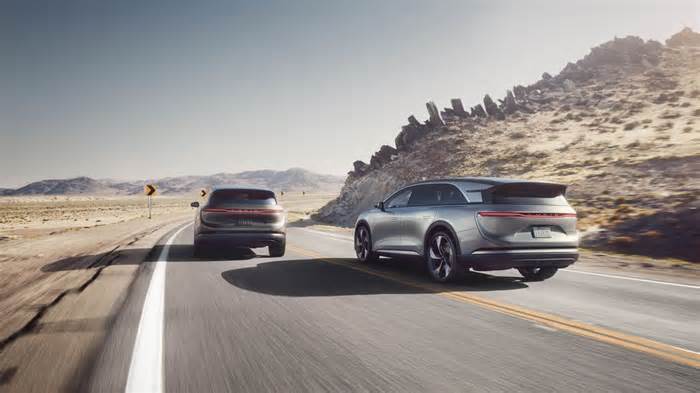
Lucid Motors has been clawing its way up the EV hierarchy, and January was a big month. For them, sales jumped 50% after the launch of the Gravity electric SUV, proving that the California automaker is more than just a one-car wonder. But Lucid isn’t just focused on moving metal; it's betting big on advanced driver assistance systems and autonomous driving.
Recent patent filings reveal plans for an adaptive, sensor-driven system that blends machine learning with an intuitive UI, promising a hands-off highway experience that could rival Tesla’s Autopilot and GM’s Super Cruise. If Lucid can pull this off, it might just cement its place as a leader in EV innovation.
Driver Responsibility vs. Machine Autonomy
When drivers get too comfortable letting the car do the thinking, they lose the ability to react when something inevitably goes wrong. A well-trained driver can anticipate certain variables such as a vehicle darting across the road or a distracted pedestrian stepping off the curb. An AI-driven system? It only knows what it has been programmed to recognize. And when it comes to unpredictable, real-world driving, that’s a terrifying limitation.
There’s also the issue of data collection, these cars aren’t just learning how to drive; they’re learning about you. Every decision a driver makes, every hesitation, every aggressive lane change or cautious stop, it all feeds into a vast digital brain.
Challenges & Considerations in ADAS
Tesla has repeatedly promised full autonomy, yet FSD remains in a beta state, requiring human supervision despite claims that full autonomy is "just around the corner."
Concerns from government agencies, including the NHTSA and California DMV, have slowed deployment, with multiple investigations into crashes involving Tesla’s Autopilot and FSD features.
Originally promised by Elon Musk as early as 2016, Tesla's timeline for true self-driving keeps slipping, frustrating customers who paid thousands for a feature that still isn't fully functional.
Automakers already track vehicle telemetry for diagnostics and performance, but ADAS takes it to another level. It’s not just about how fast you’re going; it’s about why you made a certain maneuver. That data is valuable, not just to car companies but to insurers, advertisers, and, potentially, regulators.
Automakers have long tracked vehicle telemetry under the guise of diagnostics and performance monitoring, but ADAS takes that data collection to a whole new level. It’s no longer just about how fast you’re going—it’s about why you made that last-second lane change, how aggressively you take corners, and whether you brake a little too hard at stoplights. That data is worth its weight in gold, not just for automakers but for insurers, advertisers, and inevitably, regulators. And as some Tesla owners have already discovered, that digital paper trail can cost you.
Take Tesla Insurance, for example. One owner shared their experience online, saying, “I tested it out for a month and my premium went from like $80/month to $120/month. If I drove on narrow streets, it would ding me for being too close to other cars. If I was driving near a street that has a curve/bend and there’s an oncoming car on a different lane…it’ll think I’m going to crash into it, it’ll start the collision warning and ding me again for it. My gym has a bend to get into it so this would happen fairly often.”
Another potential buyer noted, “We have looked into several different options and Tesla has the lowest rates by far… My personal hesitation is the horror stories I have heard—significant delays in processing claims, terrible customer service.” In other words, even when the rates start low, they don’t always stay that way.
The Ethical Dilemmas of Autonomous Driving
Then there’s the moral dilemma—the ultimate test of artificial intelligence on the road. In a split-second emergency, who does the car choose to save? The baby crossing the street or the elderly pedestrian in the crosswalk? A packed school bus or the driver who paid for the car? These are the philosophical landmines buried within autonomous driving, and so far, no company has a satisfying answer. A human driver makes split-second decisions based on instinct, emotion, and personal ethics. A machine?
The Future of Decision-Making in Cars
It makes a cold, calculated choice based on algorithms and probabilities. That’s fine when choosing between slowing down or changing lanes, but when it’s choosing who lives and who dies, it’s a different story. In the meantime, one thing is certain, driving as we know it, is changing.
Whether we’re ready for that change is another question entirely. Is Lucid’s approach to autonomous driving a game-changer, or is it just another overhyped system? Share your thoughts in the comments below.
Noah Washington is an automotive journalist based in Atlanta, Georgia. He enjoys covering the latest news in the automotive industry and conducting reviews on the latest cars. He has been in the automotive industry since 15 years old and has been featured in prominent automotive news sites. You can reach him on X and LinkedIn for tips and to follow his automotive coverage.
Please first to comment
Related Post
Stay Connected
Tweets by elonmuskTo get the latest tweets please make sure you are logged in on X on this browser.
Sponsored
Popular Post
tesla Model 3 Owner Nearly Stung With $1,700 Bill For Windshield Crack After Delivery
33 ViewsDec 28 ,2024
Middle-Aged Dentist Bought a Tesla Cybertruck, Now He Gets All the Attention He Wanted
32 ViewsNov 23 ,2024






 Energy
Energy




